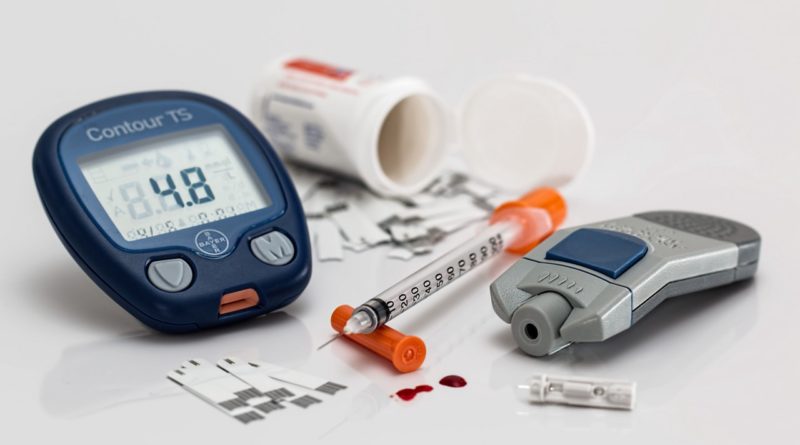The ABCs of Type II Diabetes Insulin Treatment
Type II diabetes, also called diabetes mellitus, is a metabolic disorder that is caused by insufficient insulin in the blood stream either due to old age or malfunction of the pancreases.
It is characterized by high blood sugar, resistance to insulin by the body, and relative lack of insulin. Other major signs and symptoms include frequent urination, increased thirsts, increased hunger, and irrational weight loss, among others. It may result in premature death if not mitigated in time.
THE ABCs OF TYPE II DIABETES INSULIN TREATMENT
In order to manage the disease effectively, a host of measures may be adopted, chief among them, Type 2 diabetes insulin treatment. In the discussions that follow, some of the key factors, approaches, and general background information regarding the addition of insulin as a form treating the condition are going to be looked into in details.
The Need for Extra Insulin
Extra insulin is by all means necessary for patients with Type II Diabetes given the fact that they lack the ability to produce enough insulin. To do this pretty effectively, the precise timing when to start the process, as well as the exact regimen (treatment plan) to follow or adopt, is very crucial. Professional guidelines as to when to embark on this process and the strategy to prefer however differ widely and as such, appropriate measures ought to be taken to obtain the right advice first before embarking on the procedure.
Timing
The timing or rather when exactly Type 2 diabetes insulin treatment may be commenced is determined by several factors. These include the patient’s willingness and the ability to adhere to a therapy, the unique circumstances that that particular patient may be experiencing, and the precise regimen that is prescribed or recommended for that particular patient.
Dosage/Methodology
Dosage or methodology refers to the manner, step, or procedures for rolling out an insulin treatment plan. As a general rule, it is strongly advisable that the concerned patient’s anti-diabetic regimen starts out with a once-a-day dosage of long acting insulin preferably at bedtime.
Mixed Formulations
In case the patient is suffering from various strains or types of type II diabetes or in case the patient reacts adversely to medications, mixed formulations or drugs/therapies that comprise several key ingredients or formulae have to be adopted.
These include the long-acting basal insulin plus rapid-acting prandial/bolus insulin right before meals. Certain allergic reactions to diabetic medications such as postprandial hyperglycemia may be easily mitigated by such mixed formulations.
Injections
Most patients not only of diabetes normally react adversely to oral medications such as tablets. Consequently, injections may come in handy as fewer people are allergic to them besides them inflicting almost no side effects at all.
The Basal-bolus regimen which involves rapid-acting insulin injections right before meals and long-acting insulin just before bedtime are two most popular injections that any diabetic patient may consider. Their prohibitive costs, as well as the high number of injections involved, may, however, prevent many a prospective user from adopting them.
Professional Advice
Effective Type 2 diabetes insulin treatment requires concerted efforts from all the various stakeholders such as the patient himself, the patient’s doctor, and the immediate family members.
It is therefore of utmost importance to familiarize oneself with some of the tips and ideas regarding the successful management of the disease. Certain societies like the American Association of Clinical Endocrinologists (AACE), the American College of Endocrinology (ACE), and the American Diabetes Association (ADA), may offer the much-needed starting point.
To Conclude…
Given the sensitivity and the potential dangers that poor approach to Type 2 diabetes insulin treatment may pose to the health of humans, the intervention of a duly-qualified medical practitioner is by all means vital.
It should never be contemplated as a do-it-yourself activity. The information provided for in these discussions should, therefore, be treated as a starting point for further research, not as the ultimate end in of themselves.
